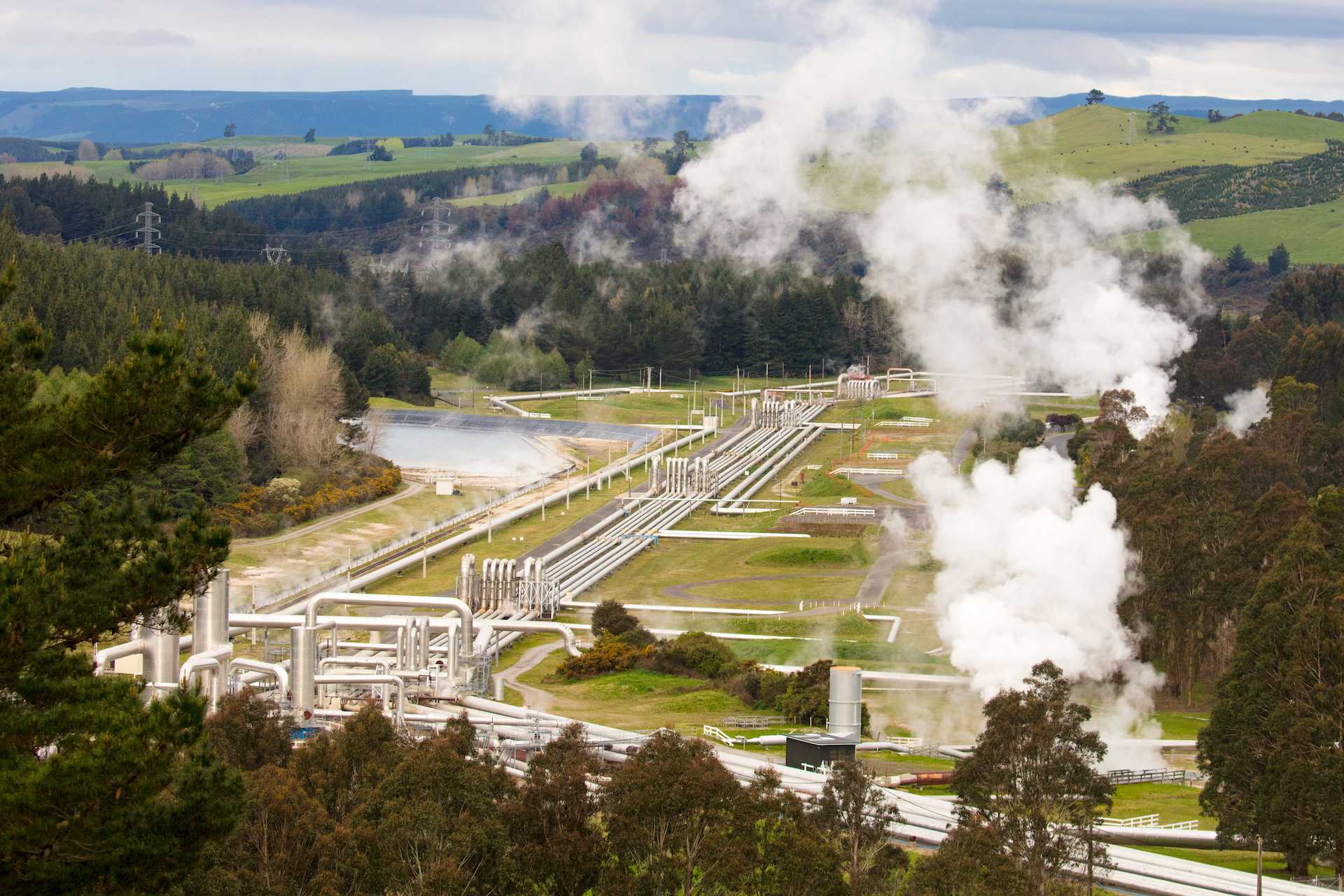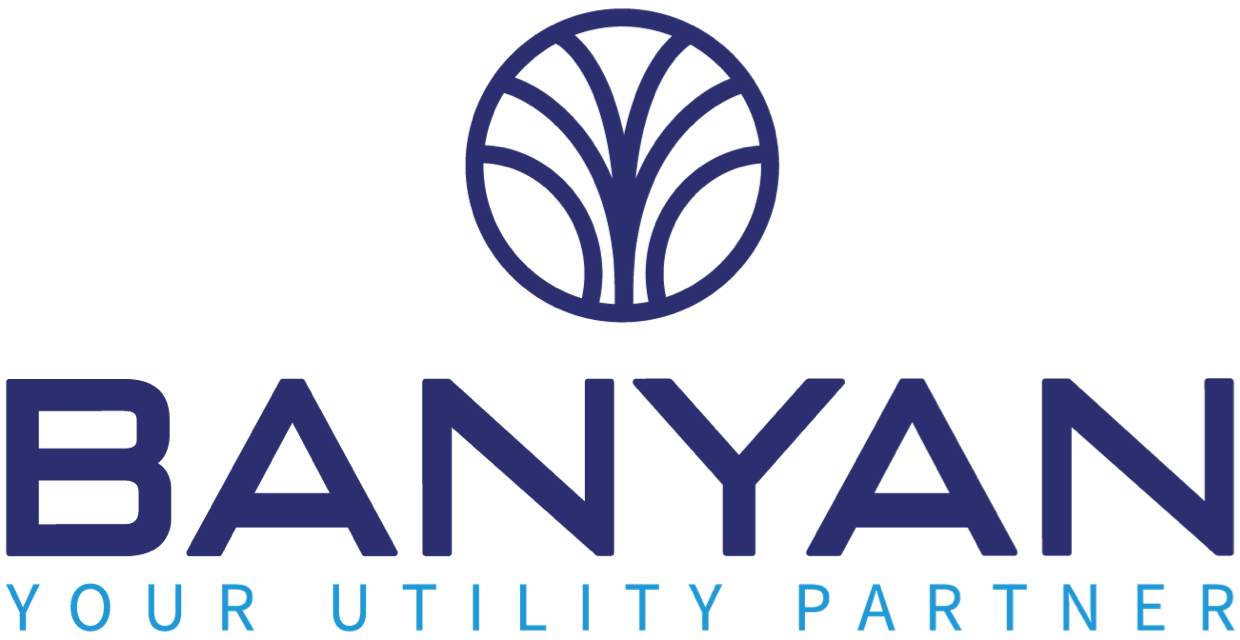
Saving Water Means Saving Energy
Housing providers that use utility billing and expense management programs are familiar with the effects of those programs on their utility expenses and operating income. The basic thesis is that obligating residents to pay for their measured or allocated share of utilities creates a price signal to allow residents to understand and modify their consumption habits.
Properties that recover utility expenses “in rent” send the opposite message. In that scenario, residents pay a flat charge for what could be unlimited usage. Obligating residents to pay for master-metered utilities typically results in a significant reduction of the master-metered bill amounts and recovers a high percentage of those utility dollars from residents.
There are additional benefits from these programs for operators – budgeting, forecasting, allowing on-site personnel to lease units instead of managing utilities, and more – we want to highlight here how the conservation of water relates to the conservation of energy.
The water and energy utility sectors are deeply interrelated. We need water to generate power across all types of fuel and energy technologies. We need energy to move and treat water and wastewater. In the western states, we often defy the laws of physics to move water, which requires substantial amounts of energy.
In California, for example, regulators estimate that 19% of total state electric usage is associated with moving, heating, and treating water. Additionally, researchers demonstrate a nexus between water/energy conservation and the reduction in greenhouse gases.
To put this in perspective, The University of California, Davis Center for Water-Energy Efficiency found that for the 2015 calendar year, California reduced its water usage by 24.5%. Using less water meant moving, treating, and heating less water.
The results were 1,829,785 MWh of electricity saved and 521,489 metric tons of carbon dioxide emissions prevented. The greenhouse gas reduction is equivalent to keeping 111,000 cars off the road for a year. The Center’s interactive findings page can be found here: https://cwee.shinyapps.io/greengov/.
While some states face the potential for drought, others have issues with energy availability and infrastructure. Utility billing and expense management are part of the larger solution and are doing more than you may have suspected.
